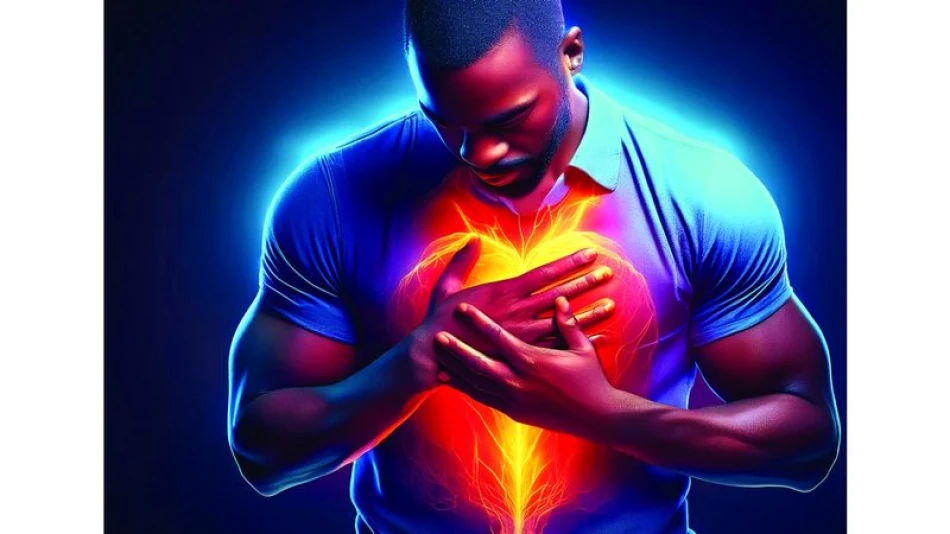
Unnoticed Heart Disease Symptoms You Shouldn't Ignore: Recognize Early Warning Signs
A heart specialist in the UAE is warning people about four subtle early warning signs of heart disease that many ignore. Dr. Omar Al Falasi from Sheikh Shakhbout Medical City says these symptoms are often so mild that patients don't realize they need medical attention.
The four warning signs are sudden fatigue, shortness of breath, mild chest pain, and heart palpitations. Al Falasi says these symptoms can seem minor, but catching heart problems early makes a huge difference in treatment outcomes.
Heart disease is actually an umbrella term covering several conditions that affect the heart and blood vessels. This includes coronary heart disease, congenital heart problems, and deep vein thrombosis. In the UAE, high blood pressure, diabetes, and coronary artery disease are the most common heart conditions.
Al Falasi recommends starting regular heart checkups every two to four years beginning at age 30. The heart is the most important organ in your body, and when it's healthy, the rest of your body tends to follow suit.
Here's what makes this particularly relevant: diabetes, heart disease, high blood pressure, and obesity are all connected. So if you have one condition, you're at higher risk for the others. But there's good news - proper diet and exercise can help control all of these conditions at once.
The doctor outlined four practical steps anyone can take to protect their heart. First, pay attention to what you eat and avoid processed foods loaded with saturated fats and sugar. Second, exercise regularly - even just 15 minutes of walking daily can make a real difference. Third, quit smoking, which is one of the biggest risk factors. And fourth, monitor your blood pressure and cholesterol levels regularly.
Al Falasi stressed that regular screening is crucial because it allows doctors to catch problems before they get serious. The UAE's health authorities offer national screening programs that give both citizens and residents access to early detection services.
When Heart Attacks Strike
Heart attacks happen when blood flow to the heart stops completely. The symptoms can vary from person to person, but the most common signs include severe pain in the left side or center of the chest, a feeling of intense pressure or tightness, and pain that spreads to one or both arms, neck, or jaw.
Other symptoms include nausea, dizziness, weakness, shortness of breath, and cold sweats. Women, elderly people, and diabetics sometimes experience different symptoms - they might have trouble breathing without chest pain, along with nausea.
The key message is simple: getting immediate medical help can prevent or limit damage to the heart muscle. So if you notice any of these warning signs, don't wait to see if they go away on their own.
Most Viewed News

 Sara Khaled
Sara Khaled






